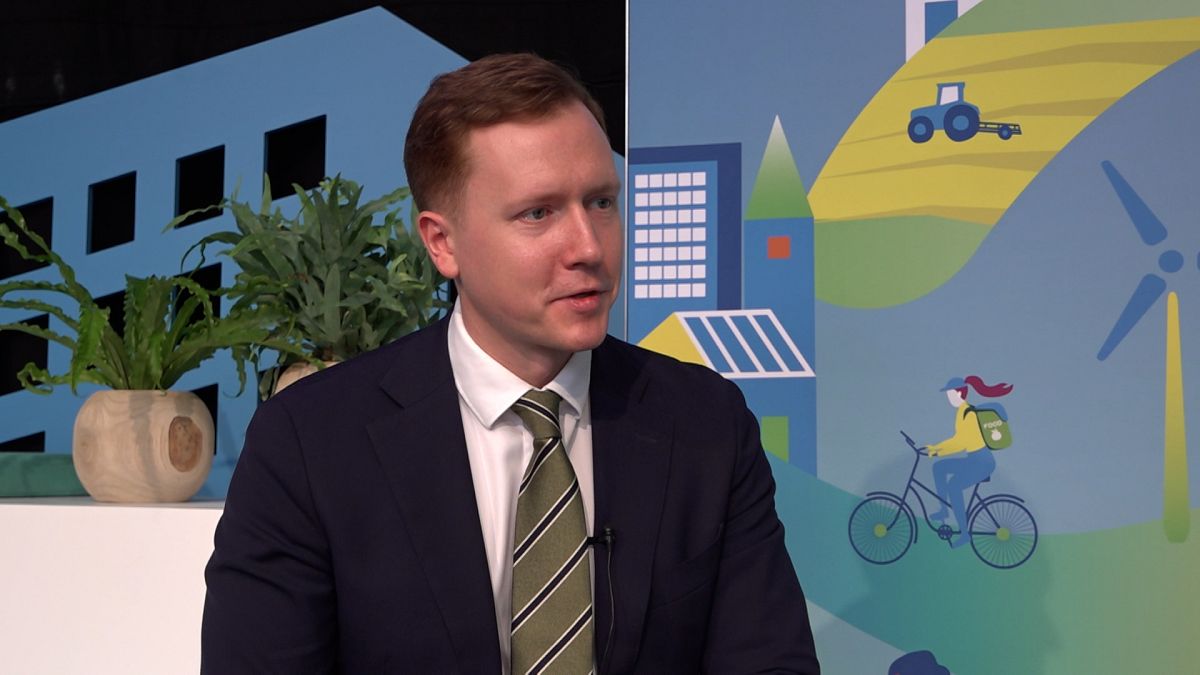The deputy finance minister of Lithuania, Mindaugas Liutvinskas, is urging the European Union to not forget about its border regions as it plans to revamp its trillion-euro budget. He is advocating for seizing Russian assets and issuing eurobonds in order to support Lithuania as it faces economic consequences from the war on its border. Liutvinskas emphasizes the importance of cohesion policy in helping poorer regions catch up and highlights the efficiency it has shown over the years. The plea for support is crucial as the European Commission is planning its next budget framework to come into effect by 2028.
Since the invasion of Ukraine in 2022, Lithuania has seen growth decline and foreign investment diminish due to its geographical location between Russia and the EU. Liutvinskas stresses the need for EU investment in interconnections and innovation to rebuild supply chains and increase resilience. However, with the budget constraints faced by member states, EU regional funds have become controversial and could face cuts as new priorities emerge, such as rebuilding competitiveness and countering the threat of Russian invasion. Despite the criticisms, Liutvinskas defends cohesion policy as the most effective long-term investment instrument the EU possesses and calls for flexibility and adaptability in the program.
The deputy finance minister acknowledges the high error rates in cohesion spending but believes that the program is vital for mitigating the effects of living near aggressive countries like Russia and Belarus. He emphasizes the importance of European instruments, particularly cohesion policy, in promoting investment and ensuring a safe environment for investors. Despite opposition from countries like Germany, Liutvinskas is open to exploring innovative financing means, including joint borrowing at the EU level, to address the funding gap for Ukraine and enhance the sanction regime. He hopes that Hungary will lift its veto to support Ukraine using frozen Russian assets as collateral.
As EU countries clear a plan to issue a €35 billion loan to support Ukraine’s economy using immobilized Russian assets as collateral, Hungary’s reluctance to extend sanctions has caused tensions within the EU. This highlights the challenges faced in reaching a consensus on providing long-term support to countries affected by war. With upcoming parliamentary elections in Lithuania, there may be potential changes in the government, but Liutvinskas believes that key strategic issues such as security, foreign policy, and EU outlook should remain consistent. The plea for EU financial support remains crucial as Lithuania navigates through economic challenges following the war on its border.











